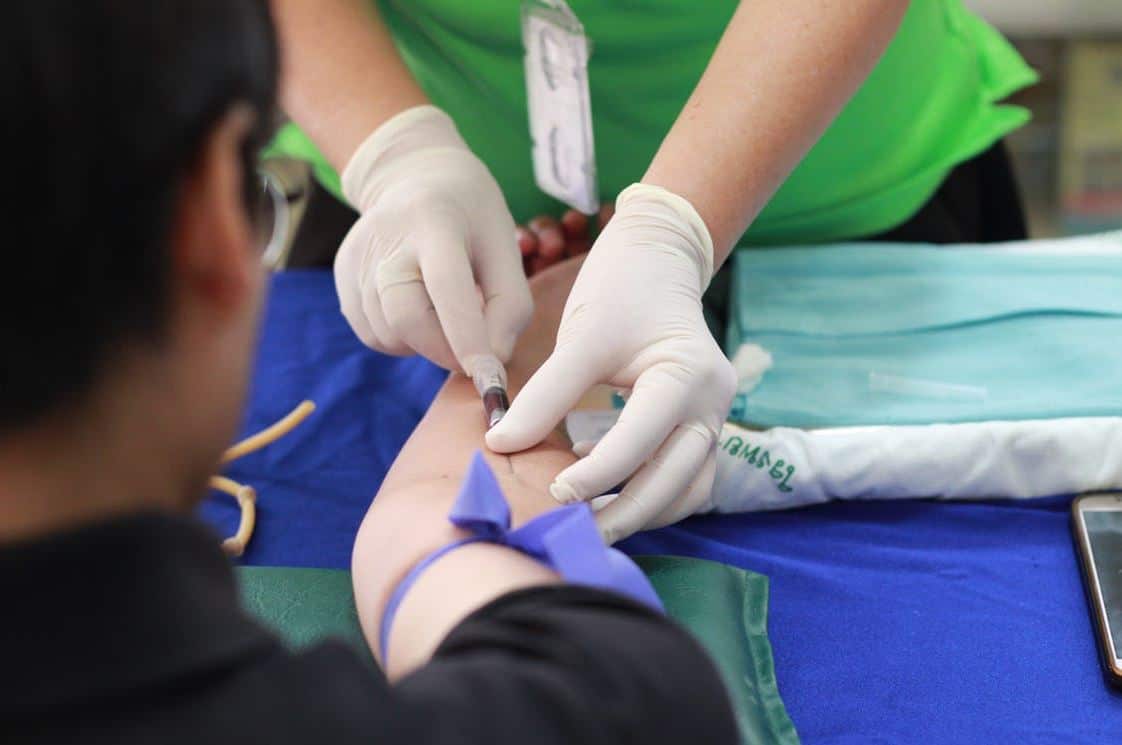
As a traveling nurse, you know that emergencies can happen anywhere or anytime. Having the right supplies on hand is essential. Having advanced medical equipment can save lives. Nurses need to carry more than a tourniquet and a neck collar to give critical care at the scene of a problem. We cover four primary items every nurse should have at the ready in this post.
Oxygen Saturation Meter
Knowing what level of oxygen a person is getting is not easy when there are chest injuries. People with breathing problems like COPD and asthma may feel like they are not getting enough air when they actually are. Telling someone they are getting enough oxygen can be enough to help them stop panicking after an accident when you have tools like a pulse oximeter.
Portable Ultrasound Equipment
When a broken bone or internal bleeding is suspected, having a tool that can see inside the body is helpful. A portable ultrasound machine can give a nurse the answers they need to make life and death decisions until the ambulance arrives. This equipment can save lives by identifying the problem so that the right treatment can begin sooner.
Laptop and Charger
Every nurse needs a way to access medical documents, dictionaries, and information about medication interactions, symptoms, and health conditions. Laptops, cell phones, and pagers are excellent communication tools to have in the car or a nurse’s bag. Remember to pack car chargers and the right one for each item. Keeping a USB cable to upload charts and numbers from medical devices is helpful too.
First Aid Kit and Hand Sanitizer
Nurses need many supplies like the standard stethoscope and thermometer too. Extra bottles of saline solution, scissors and tape, a notebook, and lotion is helpful. A pen light with extra batteries is useful in dark conditions and tight quarters. In natural disasters, the power is most often out where medical help is needed the most. Hand sanitizer comes in handy because it cuts down on bacteria minimizing the chance of infections.
First responders like nurses provide vital assistance when time is critical. Medical tools that give these professionals information about the patient get treatment started before the person gets to the hospital. Unconscious patients cannot tell nurses where the injury is, so portable equipment like ultrasounds and sugar testers are necessary to identify the problem. When a nurse has every possible tool at disposal, it can mean a person has a better chance of living and gets a better quality of care from the first contact.

